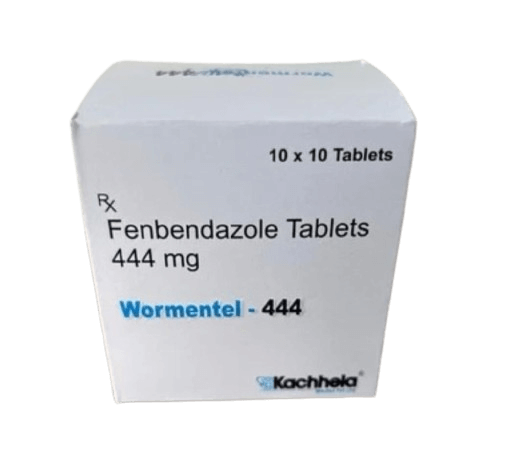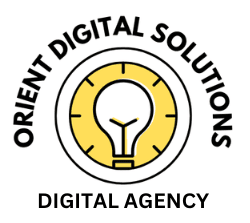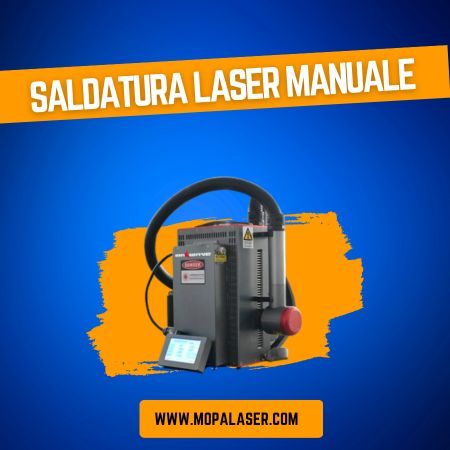WordPress is one of the most popular content management systems (CMS) worldwide, powering over 40% of websites. It’s renowned for its ease of use, flexibility, and wide range of customization options. Whether you’re a beginner looking to build your first website or a developer wanting to enhance your skills, mastering WordPress development can open doors to countless opportunities. From developing themes and plugins to optimizing your website for performance and security, the most important aspects of WordPress development will be discussed in this article.
Understanding the Basics of WordPress
Before diving into more advanced features, it’s important to understand the basics of WordPress. WordPress is a platform that allows you to create and manage websites without the need for deep programming knowledge. WordPress makes it simple to build anything from blogs and portfolios to complex e-commerce websites thanks to its user-friendly interface and extensive plugin ecosystem. As you begin your WordPress Development journey, it’s essential to familiarize yourself with the WordPress dashboard, the structure of themes and plugins, and how the platform handles content creation.
Building Custom WordPress Themes
One of the first steps in WordPress development is learning how to build custom themes. Themes determine the look and feel of a website, and creating your own allows you to fully control the design and layout. WordPress provides a basic theme structure, and by learning how to create a theme from scratch, you can develop unique and responsive designs tailored to your specific needs. Understanding key template files such as header.php, footer.php, and index.php is critical. Additionally, mastering HTML, CSS, and PHP is essential for building custom themes that align with your design vision.
Developing WordPress Plugins
Plugins are essential for extending the functionality of WordPress websites. They allow you to add features like contact forms, SEO optimization, security enhancements, and much more. As a WordPress developer, learning how to create custom plugins is a valuable skill. This involves understanding the WordPress plugin architecture, the use of hooks and filters, and how to interact with WordPress’s database. Developing your plugins allows you to build personalized functionality that is not available in the standard plugin repository, which can set you apart in the development world.
Optimizing WordPress Websites for Performance
Website performance is a crucial aspect of user experience and SEO. A slow website can drive users away and hurt your search engine rankings. As a WordPress developer, it’s essential to optimize websites for speed and performance. This involves various practices such as compressing images, enabling caching, using a content delivery network (CDN), and minifying CSS, JavaScript, and HTML files. Additionally, selecting the right hosting provider and optimizing the database can also significantly impact the performance of your WordPress site.
Securing WordPress Websites
When building websites, security is always a top priority, and WordPress is no exception. Since WordPress is so widely used, it’s a common target for hackers. As a WordPress developer, you need to implement strong security measures to protect websites from potential threats. This includes using secure passwords, installing security plugins, regularly updating WordPress, themes, and plugins, and setting up proper file permissions. You should also implement HTTPS to encrypt data transmitted between the server and the user’s browser, further securing sensitive information.
Understanding SEO Best Practices
Search Engine Optimization (SEO) plays a significant role in the success of any website. As a WordPress developer, you need to know how to optimize your website for search engines. This includes using SEO-friendly URL structures, optimizing images for faster loading times, writing clean code, and using plugins like Yoast SEO to streamline the SEO process. Understanding how search engines rank websites and implementing on-page SEO strategies can help your WordPress site rank higher and attract more visitors.
Responsive Web Design for WordPress
With the increasing use of mobile devices, it’s more important than ever to ensure that your WordPress website is responsive. Responsive web design ensures that your website looks and functions well across all devices, from desktops to smartphones. As a WordPress developer, you need to be proficient in using CSS media queries and flexible layouts to ensure your themes and designs adapt to different screen sizes. WordPress’s built-in responsive themes make this process easier, but knowing how to create your responsive designs is an essential skill.
Leveraging WordPress for E-Commerce
WordPress isn’t just for blogs and portfolios—it can also be used to build fully functional e-commerce websites. With plugins like WooCommerce, you can easily turn your WordPress website into an online store. As a WordPress developer, you should learn how to configure and customize WooCommerce to fit the needs of your clients or your own business. This includes adding payment gateways, customizing product pages, managing inventory, and ensuring a seamless shopping experience for users.
Maintaining and Updating WordPress Websites
Once a WordPress website is live, it’s important to maintain and update it regularly. This includes updating WordPress itself, along with the themes and plugins. Regular updates ensure that the site remains secure and functions optimally. As a WordPress developer, you should also perform regular backups, monitor website performance, and troubleshoot any issues that arise. Ensuring the ongoing health and functionality of a WordPress site is essential for long-term success.
Keeping Up with WordPress Trends
WordPress is constantly evolving, with new features and updates being released regularly. As a WordPress developer, it’s important to stay up-to-date with the latest trends and changes in the platform. This includes learning about new features in WordPress releases, exploring the latest plugins, and understanding emerging web development technologies. Joining the WordPress community, attending conferences, and following industry blogs can help you stay informed and ensure that your development skills remain relevant.
Conclusion
Mastering WordPress development allows you to create powerful, customizable, and high-performing websites. From building custom themes and plugins to optimizing performance and enhancing security, WordPress offers endless possibilities for developers. You will be well-equipped to create impressive websites that satisfy the requirements of any client or project if you master these essential WordPress development aspects. Whether you’re developing a personal blog, an e-commerce store, or a corporate website, the skills you acquire in WordPress development will empower you to succeed in the ever-evolving world of web design and development.











